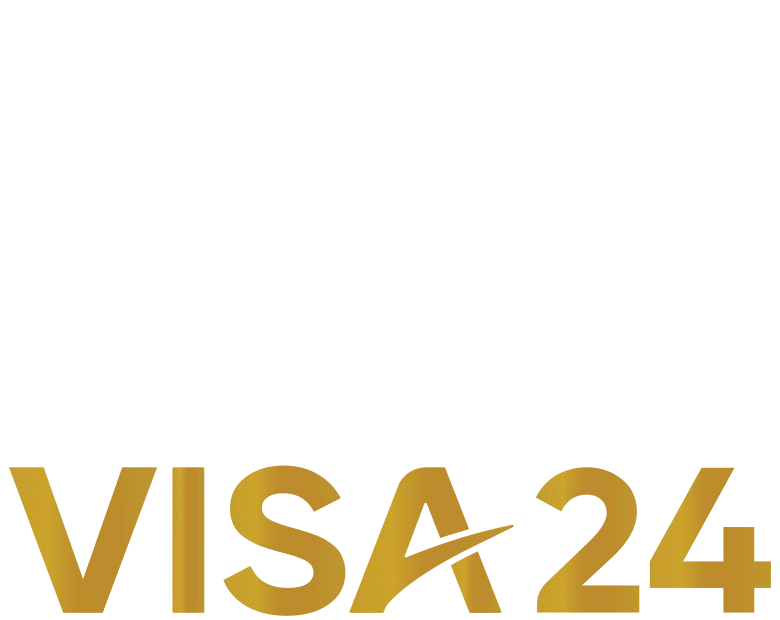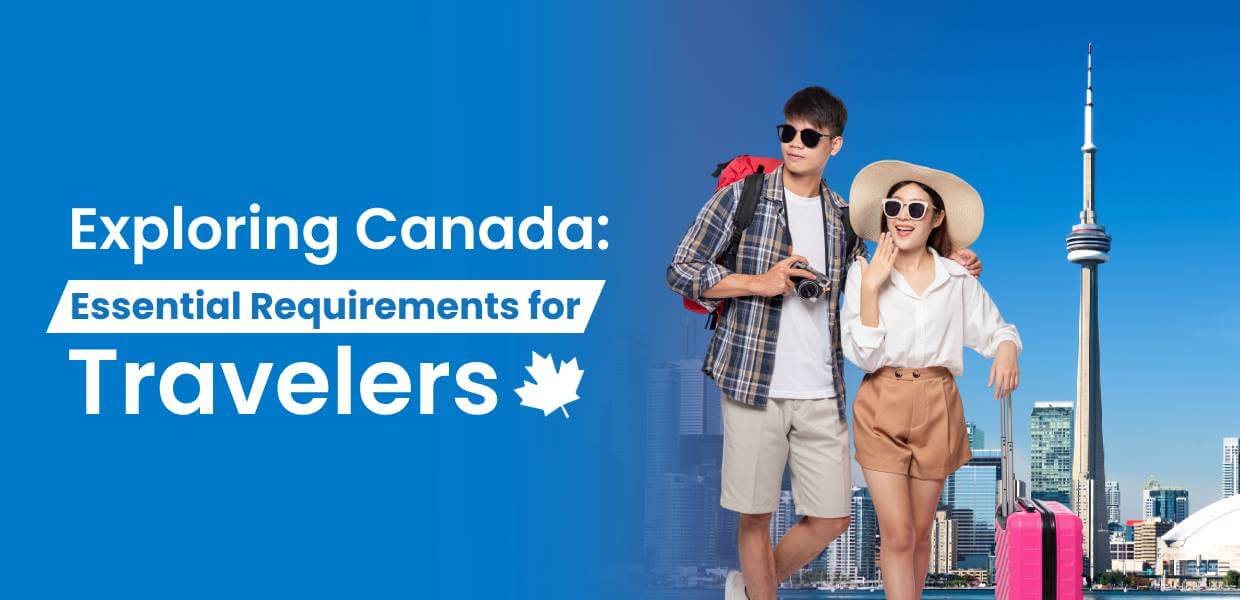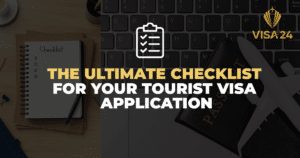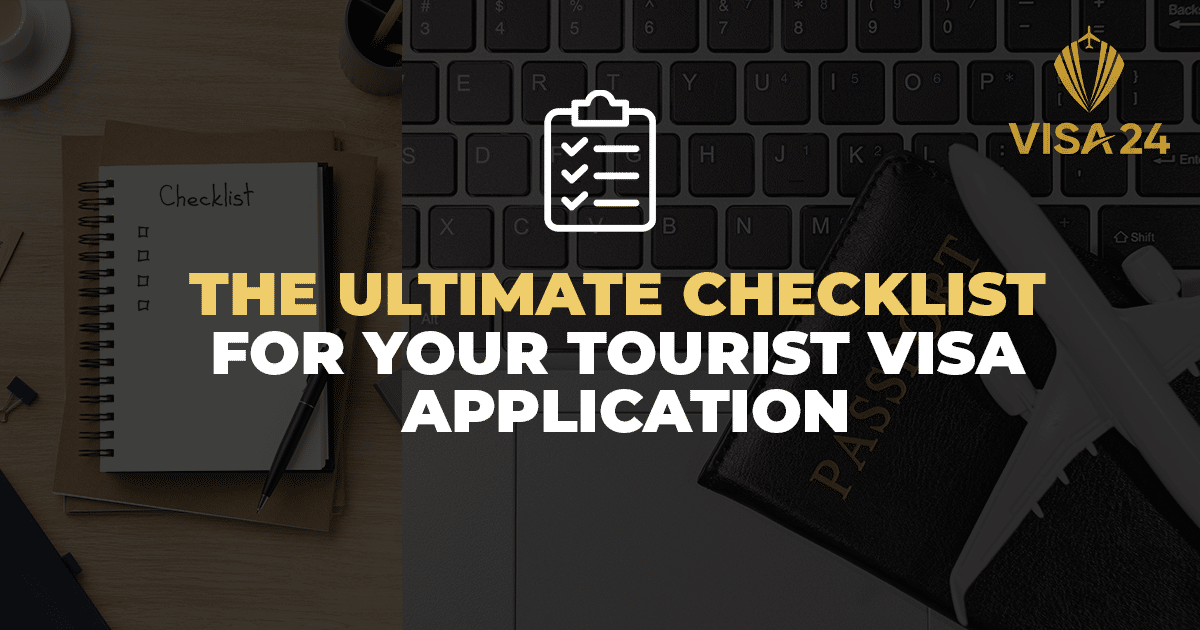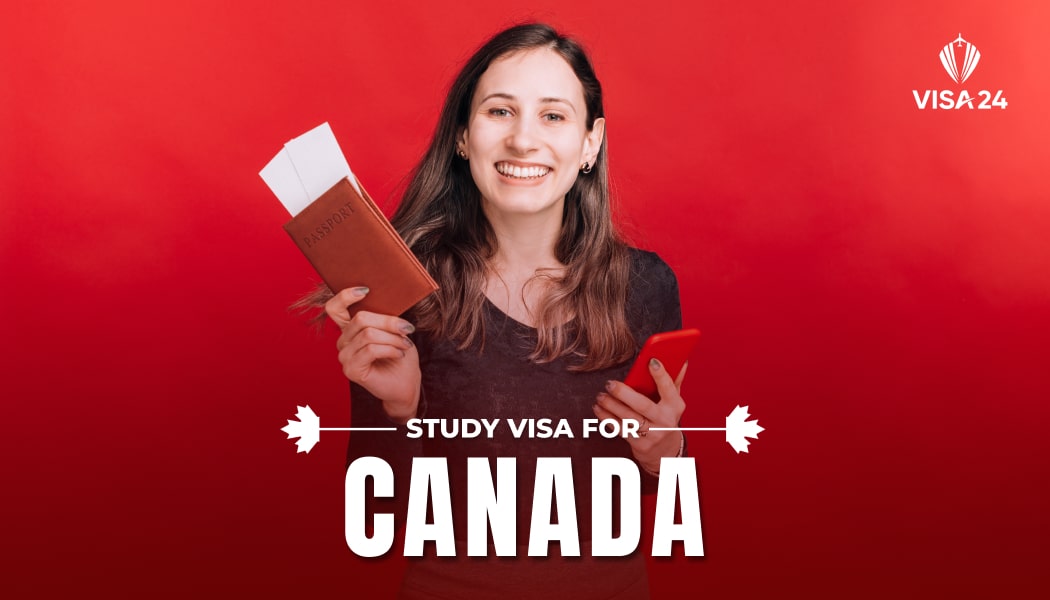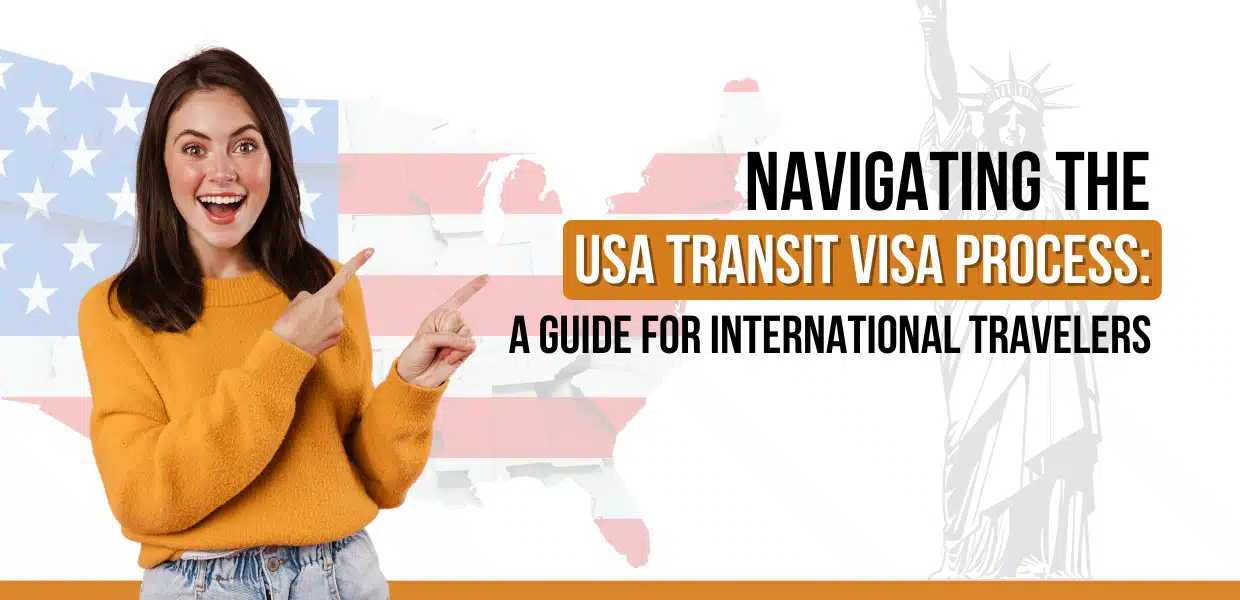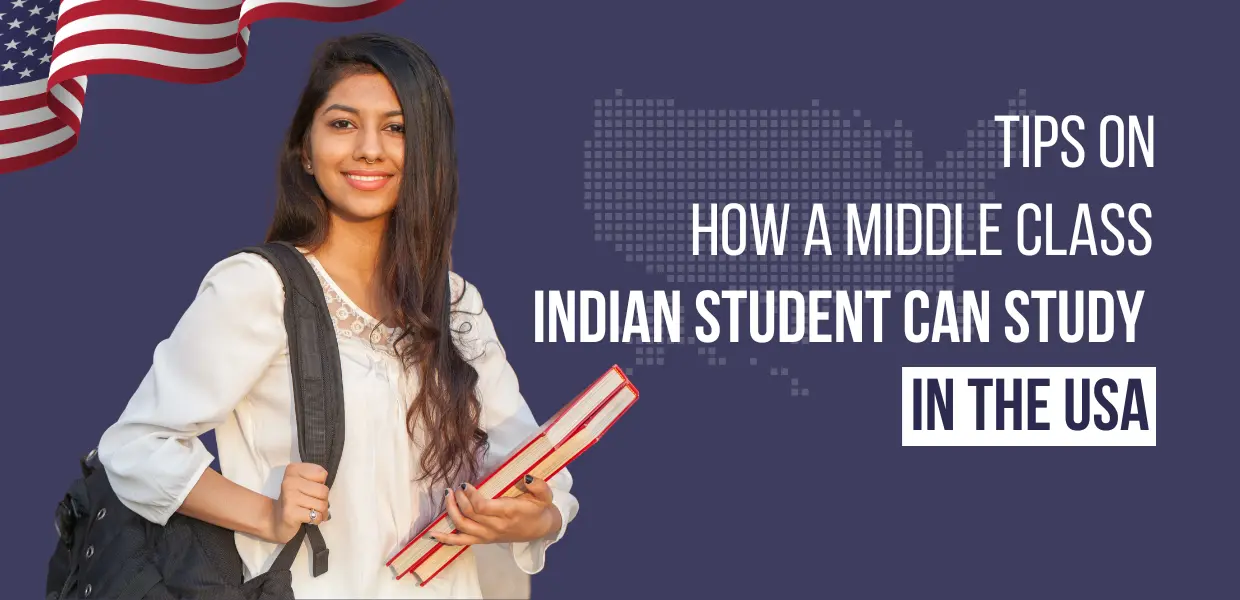Travelers are given ample options to see the different landscapes and cultures of Canada, which is a large and stunning country. There are some conditions that you must meet before you may enter Canada, regardless of whether you’re planning a trip to view Niagara Falls or want to experience the exciting city life of Toronto or Vancouver.
In this blog, we will discuss the essential requirements for traveling to Canada, including visas, passports, and health-related documents.
Visa Requirements
Visa requirements for Canada vary by country and purpose. To visit Canada for leisure, business, or family, Chinese and Indian citizens need a visitor visa. However, U.S. and Mexican citizens may enter Canada without a visa for brief stays.
The study, work, and temporary resident visas are available. It would be best if you had a study permit to study in Canada for longer than six months. If you’re offered a job in Canada, you’ll require a work permit.
Visa applications are complicated and time-consuming. It usually requires filling out an online application form, presenting papers such as your passport, photos, and financial statements, and paying a fee. Visa processing takes weeks or months, so apply early.
Understanding the visa procedures and planning ahead can make traveling to Canada easy. For example, you’re a Brazilian tourist visiting Canada. A visitor visa requires an application form, a passport, evidence of finances, and a cost. Brazil’s tourist visa processing duration is 28 days, so apply early.
Passport Requirements
When visiting Canada, a valid passport is required. Make sure your passport is valid for the duration of your stay in Canada. Before traveling, renew your passport if it’s about to expire.
No matter their age, children traveling with you must have passports. To go to Canada, babies and toddlers need passports. Parental approval and extra documentation may be needed to apply for a child’s passport.
You must use your Canadian passport to enter and exit Canada if you’re a dual citizen. Canadian citizens cannot enter Canada with foreign passports. To avoid border issues, bring both passports.
For example, you are an American citizen traveling to Canada with your family, including your two-year-old daughter. Your daughter needs a passport, and you need a U.S. passport to enter Canada. You cannot enter Canada with your daughter’s passport. Understanding Canada’s passport requirements and planning ahead will make your trip easier.
Health-related Requirements
To enter Canada smoothly, be aware of the health criteria. Public health regulations in Canada differ by nation of origin.
If you are traveling from Brazil or Nigeria, you must show proof of the yellow fever vaccine for public health and yellow fever prevention in Canada. You may need to be tested if you are traveling from India or China, where tuberculosis is endemic.
To identify health hazards and prevent the spread of infectious illnesses. All Canadian visitors must fill out a health questionnaire and be screened. Screening may include a physical checkup, a temperature check, and inquiries regarding recent travel and symptoms.
Let’s imagine you’re a Filipino family vacationing in Canada. After arriving in Canada, you must complete a health questionnaire and be screened for health risks. In the Philippines, tuberculosis is common, so you may need to be tested. Understanding health standards and taking precautions will help you travel to Canada safely and well.
Customs Requirements
To enter Canada smoothly, know the customs regulations. Gifts, souvenirs, and personal items must be declared while entering the country. This is to prevent you from bringing in prohibited or restricted things like firearms or food that could affect public health or safety.
If you’re crossing the border from the U.S. to Canada with souvenirs for family and friends, you must declare them. Depending on their value, the Canada Border Services Agency (CBSA) may need receipts, duties, or taxes.
Firearms, ammunition, and some animal and plant goods cannot enter Canada. Check the CBSA’s website to avoid penalties, confiscation, and criminal charges for bringing in illegal or restricted items.
Let’s imagine you’re a Canadian citizen returning to Canada with your furniture and equipment after a year in Europe. These objects must be declared and documented while crossing the border. The CBSA may inspect non-compliant electronics.
Understanding and preparing for Canadian customs might help make your trip easier.
Conclusion
Canada requires visas, passports, and health documents. To avoid complications and delays, you must grasp the rules and procedures. Visa processing takes weeks or months, so apply early. Travelers should also make sure their passports are valid in Canada.
Entry into Canada requires knowledge of health and customs laws. Travelers can have a stress-free journey to Canada by following these rules and planning beforehand. Getting a tourist visa is sure to be a long and time-consuming process, but you can contact Visa 24 Services at any time to make it easier.
